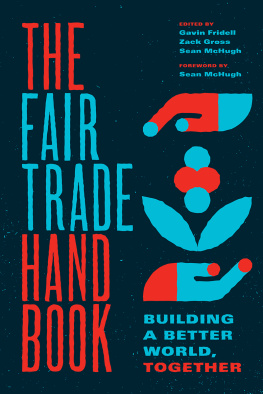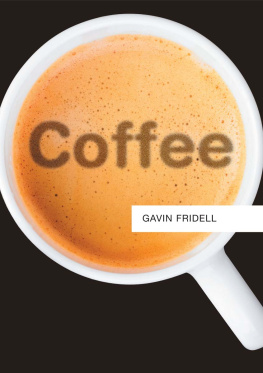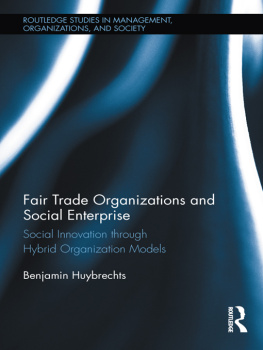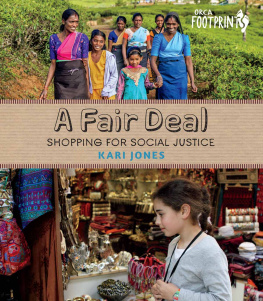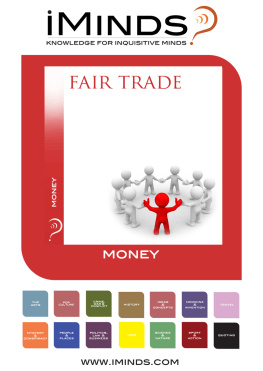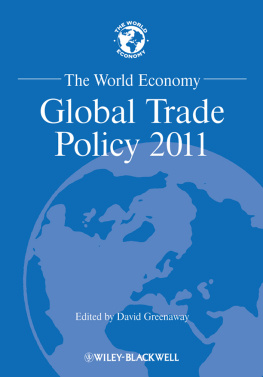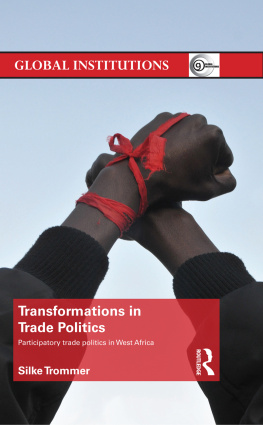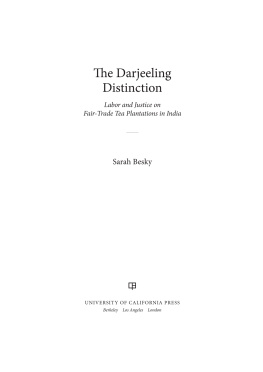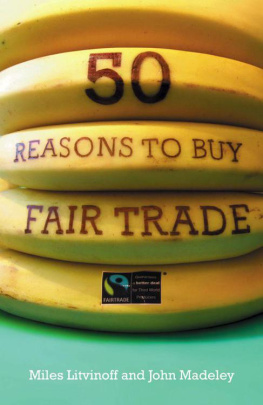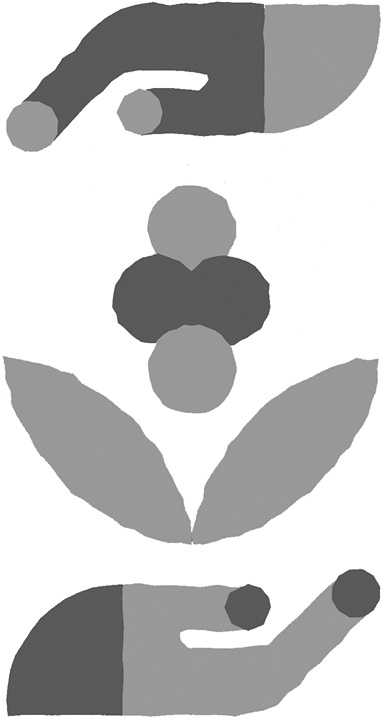Copyright 2021 Gavin Fridell, Zack Gross, Sean McHugh
All rights reserved. No part of this book may be reproduced or transmitted in any form by any means without permission in writing from the publisher, except by a reviewer, who may quote brief passages in a review.
Editing: Erik Johnson & Brenda Conroy
Text design: Brenda Conroy
Cover design: Evan Marnoch
eBook: tikaebooks.com
Printed and bound in Canada
Published by Fernwood Publishing
32 Oceanvista Lane, Black Point, Nova Scotia, B0J 1B0
and 748 Broadway Avenue, Winnipeg, Manitoba, R3G 0X3
www.fernwoodpublishing.ca
Fernwood Publishing Company Limited gratefully acknowledges the financial support of the Government of Canada, the Canada Council for the Arts, the Manitoba Department of Culture, Heritage and Tourism under the Manitoba Publishers Marketing Assistance Program and the Province of Manitoba, through the Book Publishing Tax Credit, for our publishing program. We are pleased to work in partnership with the Province of Nova Scotia to develop and promote our creative industries for the benefit of all Nova Scotians.

Library and Archives Canada Cataloguing in Publication
Title: The fair trade handbook : building a better world, together / edited by Gavin Fridell, Zack Gross, Sean McHugh.
Names: Fridell, Gavin, editor. | Gross, Zack, editor. | McHugh, Sean (Fair trade expert), editor.
Description: Includes bibliographical references and index.
Identifiers: Canadiana (print) 20210258306 | Canadiana (ebook) 20210259396 | ISBN 9781773634883 (softcover) | ISBN 9781773635088 (EPUB) | ISBN 9781773635095 (PDF)
Subjects: LCSH: International tradeMoral and ethical aspects. | LCSH: Social responsibility of business. | LCSH: Competition, Unfair.
Classification: LCC HF1379 .F35 2021 | DDC 382/.3dc23
Contents
To all those working to create a fairer and more sustainable world
Foreword
Common Goals, Shared Ideals
O n September 25, 2015, the world came together to adopt the most ambitious development strategy in our history, the UNs Sustainable Development Goals. These seventeen goals provide ideals to work toward, but more than that, they provide light in what can sometimes be a dark and gloomy world. More than the goals themselves, two key pillars emerge to me: 1) that no one should and can be left behind, and 2) that none of us can stand on the sidelines, that each and every one of us must contribute and be part of the solution.
There is no question that the world faces an array of challenges. Our history shows us that change comes slowly and not always easily. How then do we not only make the case for change, but also realize that change and finally begin addressing the worlds problems, from inequality and poverty to climate change, decreasing diversity and racial injustice.
I believe it starts with finding ideals that each of us can agree on ideals that cut across age, race, religion and political outlook; ideals that centre on building a happy, healthy, balanced world, where everyone has access to the basic wants and needs of life; ideals that bring our life on Earth into balance with the planet itself. One of those ideals is fair trade.
From these ideals come goals, or a common agenda for governments, business, public institutions and individuals to work toward. To achieve those goals, we must focus on our commonalities and accept that each of us is different. Being different is not only okay; it is what makes life on Earth so interesting.
This book explores many of these ideals and goals, while providing insight into how we got here. Most importantly, however, the book dives into ideas that can start addressing the many challenges our world faces. The challenges, as always, are daunting, but the momentum, energy and knowledge of fair traders and our allies are equally powerful and, in my view, up to the task. It is time to build and rebuild, renew and refresh, and push forward to a fair world for all.
Sean McHugh
Acknowledgements
A t a breakout session of the cftn (Canadian Fair Trade Network) National Fair Trade Conference in Ottawa in 2019, Zack said We need to write a book! Little did we know how serious he was. And so began this endeavour!
The Fair Trade Handbook is not just the dream or work of three people but has had input from countless others our team of authors, illustrators, photographers, editors, designers, fair trade activists and producers all those who made our book better and also make the world a better place.
We thank our families, colleagues and friends for supporting us in this effort, and in the future not only using and promoting the information and ideas in the Handbook but in continuing the quest to sustain, grow and improve fair trade.
Gavin: Very special thanks, beyond words, are owed to Kate Ervine, Sasha Fridell-Ervine and Sebastian Fridell-Ervine for all that they do.
Sean: Thanks to my partner, Marianne Pemberton, for her unwavering support, and to our daughter Chloe, who we welcomed into our family midway through writing.
Zack: Heartfelt thanks to Jennifer Thompson for almost half a century of sharing our quest for social change. We hope our children, their partners and our grandchildren will benefit from these efforts, and we acknowledge gratefully where they have continued to carry the torch.
Special appreciation to Erik Johnson, for his discerning eye for grammar and consistency, whose careful copyediting work made the book that much better. And we thank Errol Sharpe, Beverley Rach, Anumeha Gokhale, Deb Mathers, Brenda Conroy and everyone at Fernwood Publishing for embracing us and our idea and making the book a reality.
This research was undertaken, in part, thanks to funding from the Canada Research Chairs Program and Saint Marys University. Big thanks to the Canadian Fair Trade Network, our board of directors, advisory council members, funders and supporters, for the flexibility to put time into this book.
We accept all questions, critical thoughts and praise at .
Contributors
Haroon Akram-Lodhi teaches agrarian political economy. He is a professor of economics and international development studies at Trent University and is also editor-in-chief of the Canadian Journal of Development Studies .
Bill Barrett is a worker-owner of Planet Bean, a Fairtrade Certified and organic coffee roastery which he founded in 1997. Over the years, he has developed and facilitated hundreds of educational programs for students at all stages of education, worked extensively with unions and nongovernmental organizations, produced several independent films and travelled extensively around the globe. He has been on the board of Fairtrade Canada since 2016 and is its current chair.
Erin Bird is an engineer by day for the City of Calgary but her second job and passion is to lead the campaign for Calgary to become a Fair Trade Town. Erin is a member of Engineers Without Borders and an executive board member of the Canadian Fair Trade Network. Erins other hobbies are cooking with Fairtrade ingredients, dancing in Fairtrade banana costumes, reading while drinking Fairtrade tea and relaxing with family and friends.

